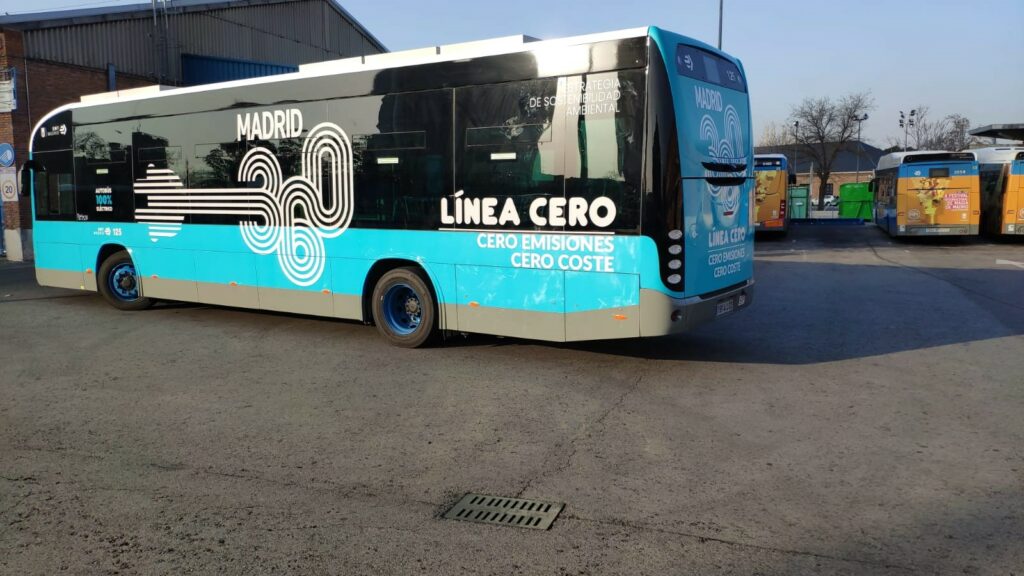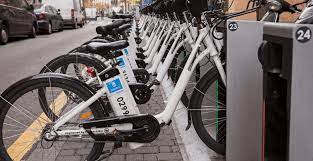
Less Congestion and Better Air Quality: Madrid Approves 360 Sustainable Mobility Plan

Based on 10 fundamental measures, Spain’s Governing Board approved the Madrid 360 Sustainable Mobility Plan (PMS 360), which seeks to provide the citizens of the country’s capital with less congestion, efficient and environmentally friendly travel.
The program also addresses important aspects such as reducing accidents in the city, reducing polluting emissions, relieving traffic congestion, improving public transport and achieving better air quality.
One of the objectives of the new text is to promote cycling, parking spaces for cyclists in residents’ parking lots, the promotion of cycling for work mobility, regulating access of bicycles and other personal mobility vehicles to rail modes and reinforcing the control of undisciplined parking on cycle paths.

Regarding the bus mobility, the proposal to locate stopping areas for occasional coaches next to major train stations was accepted.
The main allegations made by the National Association of Two-Wheeler Sector Companies (Anesdor) were also considered, such as the establishment of exclusive indicators on the use of motorcycles, the implementation of new recharging points for motorcycles or different measures to increase safety on board these vehicles, among others.
Prepared for the Next Decade
The PMS 2022-2030 promotes the four “S’: sustainable, safe, healthy and smart mobility, and sets two time horizons for its application, 2025 as the short-medium term and 2030 as the long term.
Madrid has set itself the challenges of reducing travel time on public transport by an average of 32.5%; reducing traffic by up to 10%, thereby alleviating the congestion that affects the city’s essential mobility; reducing CO2 emissions by 65% by 2030 compared to 1990, as established in the COP25 agreement; complying with the European air quality directive; and achieving a 50% reduction in deaths and serious casualties on the road, in accordance with the objectives set by the European Union.
10 Measures
The mobility plan for the Spanish capital includes the following plans: More and better public transport with the expansion of the bus lane network to 250 kilometers by 2030; Improving transport infrastructure; Promoting active mobility; Parking management with sustainability criteria; Facilitating modal integration through micro-mobility and intermodality.
The program also seeks to stimulate the change of the circulating fleet for less polluting vehicles; promote technological change and the optimization of urban distribution of goods; apply innovative technological and logistical elements to optimize the mobility system; move towards safe mobility; reduce by 50% the annual average number of road traffic fatalities, motorcycle accidents and accidents associated with drug and alcohol consumption; and finally, encourage responsible mobility through education, information and governance (campaigns, surveys…).





